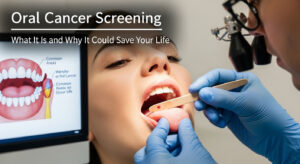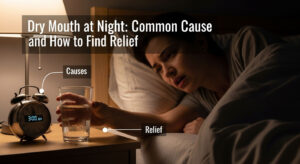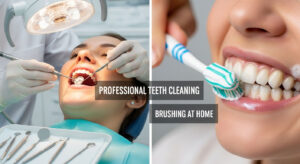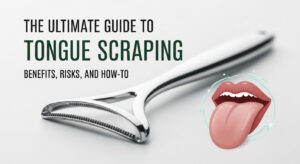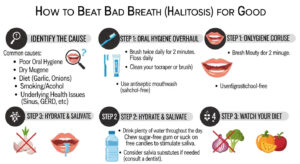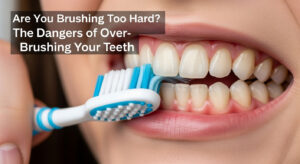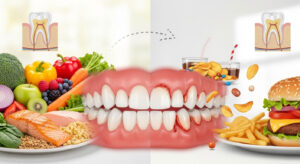Author: nearmedental
As a parent, it’s just about your worst fear – your child coming down with a toothache. The idea of watching them in pain and hearing them cry for hours on end is unimaginable. They also worry that they’re not doing enough to keep their teeth healthy. Childhood cavities are no joke and can lead to all sorts of other serious health problems if left untreated.
So how do you protect your kids from developing this condition? Read on and find out!
What are childhood cavities?
Cavities are the result of tooth decay not treated in time. Childhood cavities are only experienced by children who haven’t yet lost their baby teeth or children who have poor oral hygiene.
The bacteria in the mouth feed on the sugary food they eat, which is called plaque. When this fuels the growth of these bacteria, acid starts to form, which wears away the tooth enamel over time. If enough damage is done, a dentist will extract or put a crown over the tooth.
What causes childhood cavities?
Most children get one or two cavities by the time they turn five years old. This number skyrockets up when they reach 12 or 13, though. School-aged children are at a higher risk of getting cavities than younger kids because they don’t know how to take care of their teeth properly.
Let’s find out the causes of this dental problem among kids.
Formula milk
A study has revealed that breastfed babies had fewer incidents of developing cavities than those who were formula-fed. Breast milk also contains lactoferrin, which protects the teeth from developing cavities by strengthening tooth enamel even before birth. Formula milk doesn’t have this and may also contain carbohydrates that can help feed cavity-causing bacteria.
Carbohydrates
Foods that are high in carbohydrates can be highly harmful to your child’s teeth. You may think it’s no big deal to give them a slice of bread if they’re hungry. But the truth is, this can do much more harm than good. By giving them highly carbohydrate-rich foods at a young age, you make it easier for their teeth to develop cavities.
What should you give your children then? The best thing is to stick with nutritious yet low-sugar foods like fruits, vegetables, and nuts. These are great alternatives because they are rich in vitamins and minerals but have low levels of carbohydrates.
Symptoms of childhood cavities
Your child may show signs of developing a cavity such as:
- Bad breath
- Grinding their teeth
- Pain in the gums or jaw line
- Toothache
- Sensitivity when drinking cold liquids
- Tiredness and lethargy (if left untreated)
How to protect your kids from childhood cavities?
As your child’s primary caregiver, you’ll be facilitating their oral health later down the road. Childhood cavities aren’t rare, but the good news is that they can be prevented in many cases.
Baby oral cleanser
It helps clean teething baby’s gums gently and naturally while relieving teething pain. Also, the anesthetic-free gel formula works fast (in minutes) without numbing the baby’s mouth.
Regular dental checkups to avoid childhood cavities
One should take childhood cavities seriously. Thus, it’s essential to visit your dentist to not deal with any problems down the line.
Oral healthcare habits
Don’t forget that taking care of your own teeth is critical in preventing childhood cavities from forming because you’re serving as an example for them. Many children tend to mimic their parents’ actions.
Thus, if you floss or brush, they will also pay attention to oral care with age. If your children are too young, you brush their teeth before bedtime.
By working together as a family, you can ensure that your children will grow up with beautiful, strong teeth.
When to schedule your baby’s dental visit?
The best way to ensure good oral hygiene is to take the child for a dental checkup regularly from a young age. Be sure to schedule your child’s first dental visit when their first tooth erupts or no later than their first birthday. This way, you will know that if they are at risk for cavities, the dentist will be able to spot it early on before any damage is done.
Childhood cavities – Final words
As mentioned earlier, cavities can develop easily if your kids don’t practice good oral hygiene.
Hence, taking care of your child’s teeth at an early age is extremely important because it sets the foundation for what they’ll end up doing when they’re older. You need to make sure they brush their teeth at least twice a day.





